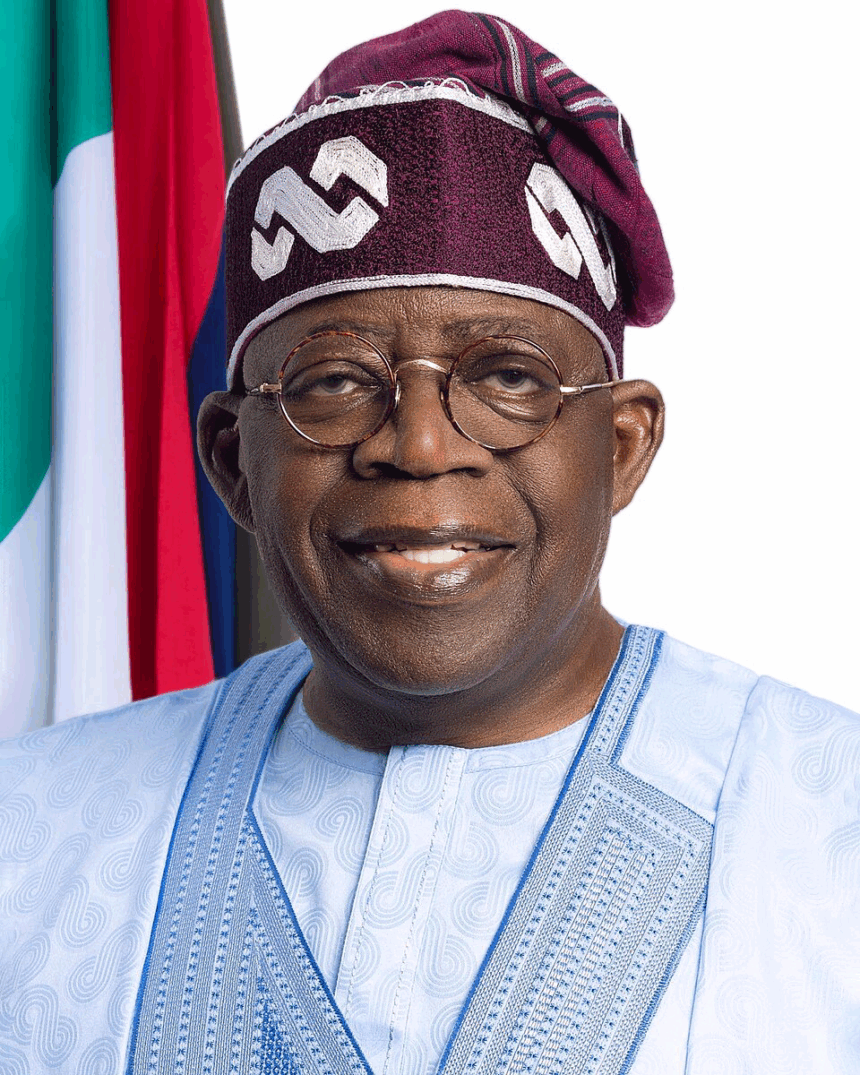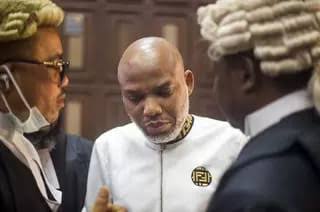-
New survey shows deep distrust in Nigeria’s core institutions
-
Police, presidency, and federal government rank lowest in public confidence
-
Report warns reforms will fail unless trust and accountability are restored
A national survey conducted by Chatham House in collaboration with the National Bureau of Statistics (NBS) has revealed a severe breakdown of public confidence in Nigeria’s most powerful institutions.
The survey placed the Nigeria Police Force, the presidency, and the federal government at the bottom of trust rankings.
ATTENTION: Click “HERE” to join our WhatsApp group and receive News updates directly on your WhatsApp!
The presidency fared only slightly better, as 36 percent of respondents said they hold deep distrust for the nation’s highest office, while 35 percent shared similar sentiments toward the federal government.
Other governance bodies, including the courts, local councils, and state politicians, also recorded low ratings, pointing to an entrenched nationwide crisis of credibility.
The report, released under the Social Norms and Accountable Governance Project, attributed the public’s distrust to decades of failed reforms, hollow anti-corruption drives, and selective law enforcement practices.
“Corruption has not only weakened Nigeria’s economy but corroded public trust in governance, fuelling repeated crises of legitimacy,” the report stated.
READ ALSO: North-West Tops Tinubu-Era Projects with N5.97tn – FG
The findings highlight a disturbing contradiction within Nigerian society. While 59 percent of respondents agreed that in their communities “power matters more than honesty,” an even greater share, 73 percent, said they feel bad when others are exploited.
Researchers interpret this as evidence of the dual pressures of survival and the continuing desire for justice and fairness among citizens.
Despite the outlook, the study uncovered signs of civic resilience. Nearly half of Nigerians indicated readiness to monitor public expenditure on community projects, a figure Chatham House said surpasses the global threshold for effective citizen-led accountability.
The report recommended that anti-corruption strategies must leverage this communal vigilance by enabling citizens to demand transparency from political leaders. Without a clear demonstration of how tax revenues are converted into tangible public services, it warned, voluntary compliance with ongoing tax reforms will remain unlikely.
“Nigeria is faced with a fundamental question: how to reduce the cost of being honest in a system where corruption is entrenched and formal institutions are widely distrusted,” the report stated.


